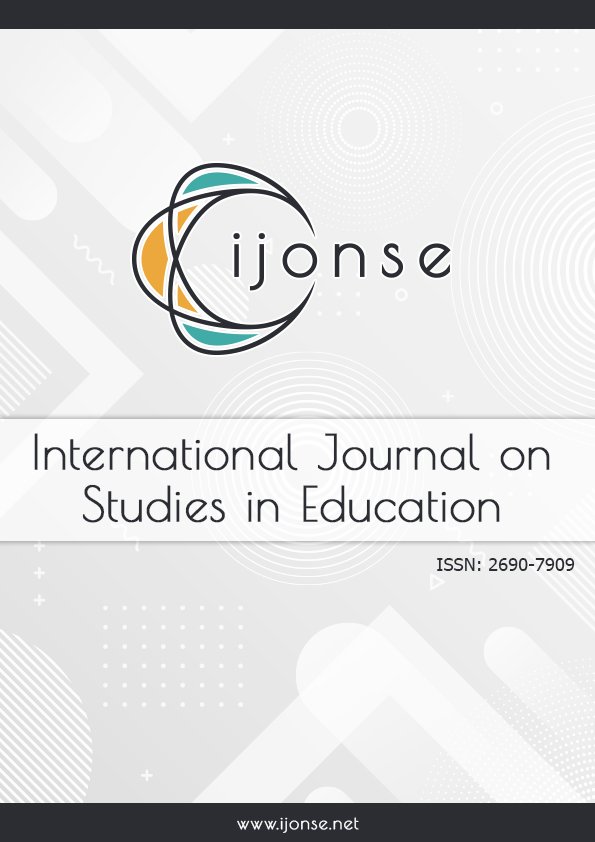The Effectiveness of Contextualized Digital Game-Based Learning Resource in Improving Kindergarten Pupil’s Alphabet Knowledge Level
DOI:
https://doi.org/10.46328/ijonse.103Keywords:
Gamification, Alphabet Knowledge, Kindergarten, Digital Game-Based Learning, Vowels, Early Childhood EducationAbstract
The achievement of pupils in their future studies depends on their reading skills. One of the strongest foundations in reading success includes alphabet knowledge. Nowadays, the utilization of information communication technology (ICT) influences young children’s learning and emergent literacy skills. Hence, this study explored the effectiveness of digital game-based learning resource in improving pupils’ alphabet knowledge specifically on vowels. An alphabet knowledge checklist on vowels was used to collect the data. One key finding from the study is that most of them have fair alphabet knowledge of vowels with an overall pre-test mean score of 17.91. Findings revealed that interactive learning resource was effective as reflected by a substantial increase of 8.95 points. The t-test for paired samples results in a t-value of -10.11 and a p-value of 0.000. Thus, the difference between the posttest and pretest is significant. Hence, digital game-based learning resource is an effective non-print instructional material in kindergarten for the improvement of alphabet knowledge on vowels. The study recommends the creation of contextualized digital game-based learning resource using consonants to further validate the result. A similar resource may also be suggested to other grade levels to confirm its effectiveness in improving alphabet knowledge.References
Cornito, C. M. (2023). The effectiveness of contextualized digital game-based learning resource in improving kindergarten pupil’s alphabet knowledge level. International Journal on Studies in Education (IJonSE), 5(2), 130-140. https://doi.org/10.46328/ijonse.103
Downloads
Published
Issue
Section
License
Articles may be used for research, teaching, and private study purposes. Authors alone are responsible for the contents of their articles. The journal owns the copyright of the articles. The publisher shall not be liable for any loss, actions, claims, proceedings, demand, or costs or damages whatsoever or howsoever caused arising directly or indirectly in connection with or arising out of the use of the research material.
The author(s) of a manuscript agree that if the manuscript is accepted for publication in the International Journal on Studies in Education (IJonSE), the published article will be copyrighted using a Creative Commons “Attribution 4.0 International” license. This license allows others to freely copy, distribute, and display the copyrighted work, and derivative works based upon it, under certain specified conditions.
Authors are responsible for obtaining written permission to include any images or artwork for which they do not hold copyright in their articles, or to adapt any such images or artwork for inclusion in their articles. The copyright holder must be made explicitly aware that the image(s) or artwork will be made freely available online as part of the article under a Creative Commons “Attribution 4.0 International” license.

This work is licensed under a Creative Commons Attribution-NonCommercial-ShareAlike 4.0 International License.





